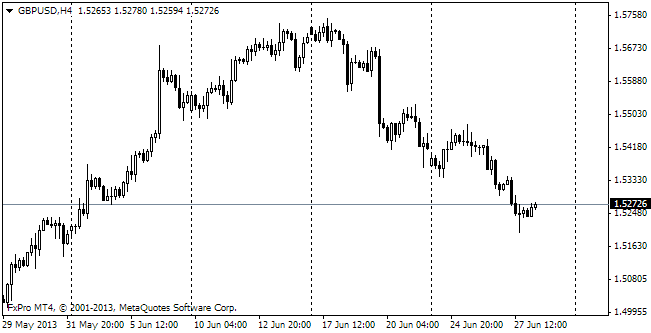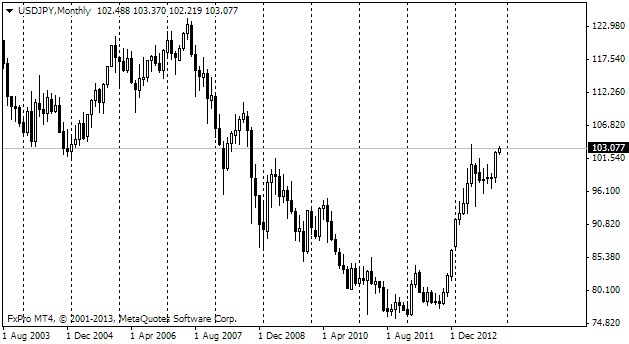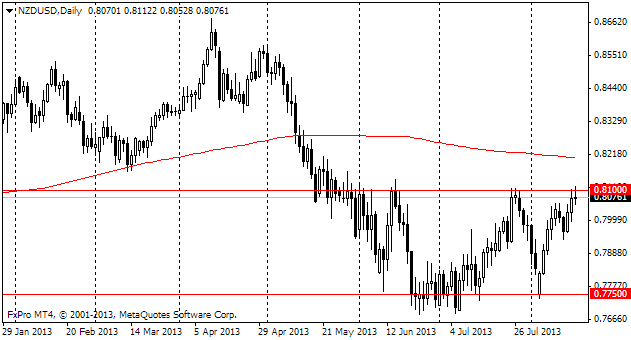EUR/usd
Hardly had the EU currency took one feeble attempt to adjust its decline yesterday, when bears overtly reminded it who controlled the market. The pair tumbled from the level of 1.2960 down to 1.2880. The major fundamental factor is low interest rates in the eurozone, which put pressure on the money market – investors are trying to withdraw their assets from Europe to the USA or other countries and this exerts pressure on the single currency. But on the other hand, now yields of the US bonds are growing, which means that their prices are falling and this is already a reason to be careful with selling of the US debt bonds. Besides, the stock exchanges have stalled its growth after reaching 2000 in S&P. So investors don't have much choice. The factor , which can render real support to the single currency, is probably the intention of players to buy the EU stocks, which potentially look more attractive than the US ones. To stake on the developing markets, as it used to be before the financial crisis and a year after it, is not the fashion any more: Asia is also slowing down and demonstrates signs of bubbles in some markets.
GBP/USD
The public opinion polls regarding Scotland's independence remain the only factor, that can affect the rate of the British pound. Besides, there won't be any important macroeconomic statistics till the end of the week. The results of the poll, published yesterday, enabled the cable to return to its weekly open. Yesterday afternoon and during the Asian session today players flirted with the level of 1.62, but it is still far from closure of the gap (1.6320-1.6170). And the affair won't be done with till the gap is closed.

USD/JPY
The dollar is sold for ¥107 and traders under no circumstances want to start a correction. It seems that the negative interest rates for short-term public bonds really cause concern among investors. The fact that the BSI Large All Industry has entered the positive area is a good signal for bears. However, bears would better be cautious now and step aside until the rally exhausts itself. It's quite possible that 110 will be reached in the coming weeks, which will be followed by continuous consolidation.

NZD/USD
The New Zealand dollar started to depreciate today after the RBNZ's comments on the monetary policy prospects. Keeping the rate unchanged (as expected), Graeme Wheeler pointed out that before changing the rate again they need to evaluate the effect of the preceding increases. Besides, the comments once again drew attention to the fact that the NZ dollar is overrated and also mentioned that the inflation forecast was revised down. It is true, inflation will hardly pose a threat in the near future. Commodity prices, including exports from New Zealand, have been adjusted much in the recent months. The preceding height of the Kiwi will have its effect on the economy for some more time. NZD was actively growing at the beginning of the year in view of the rate increase, but the recent rally of the dollar and the verbal pressure put by the Bank's President made the currency go back to its yearly open, as if there hadn't been any increases.
